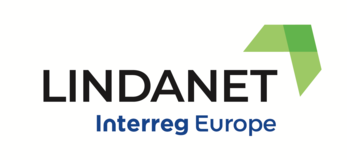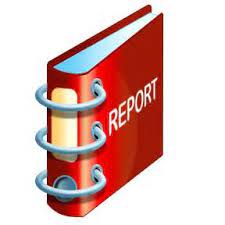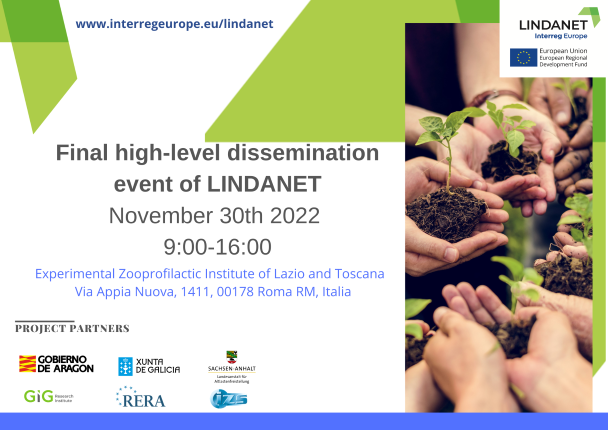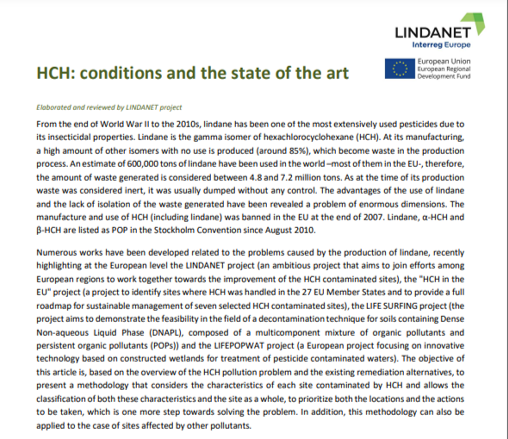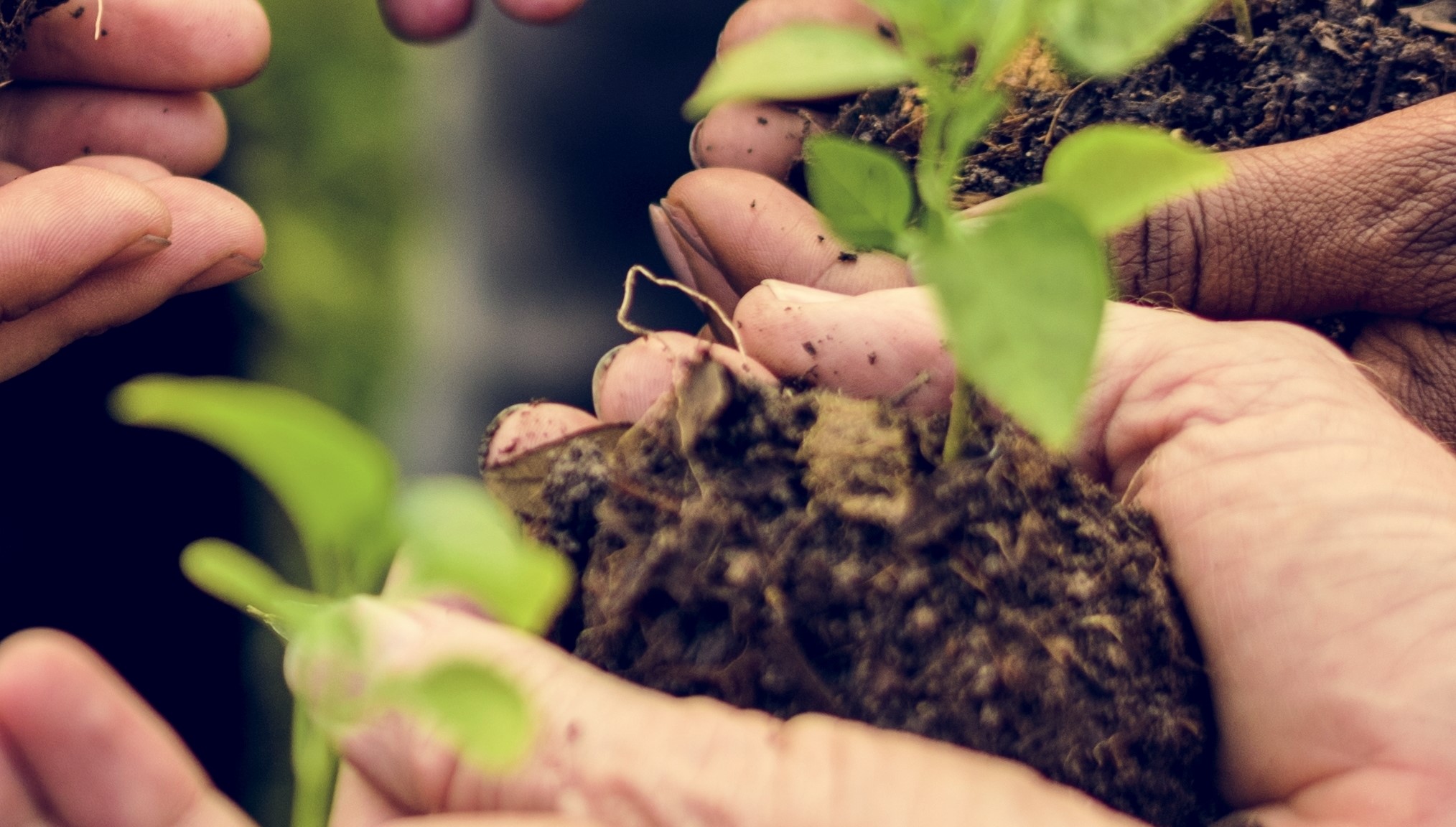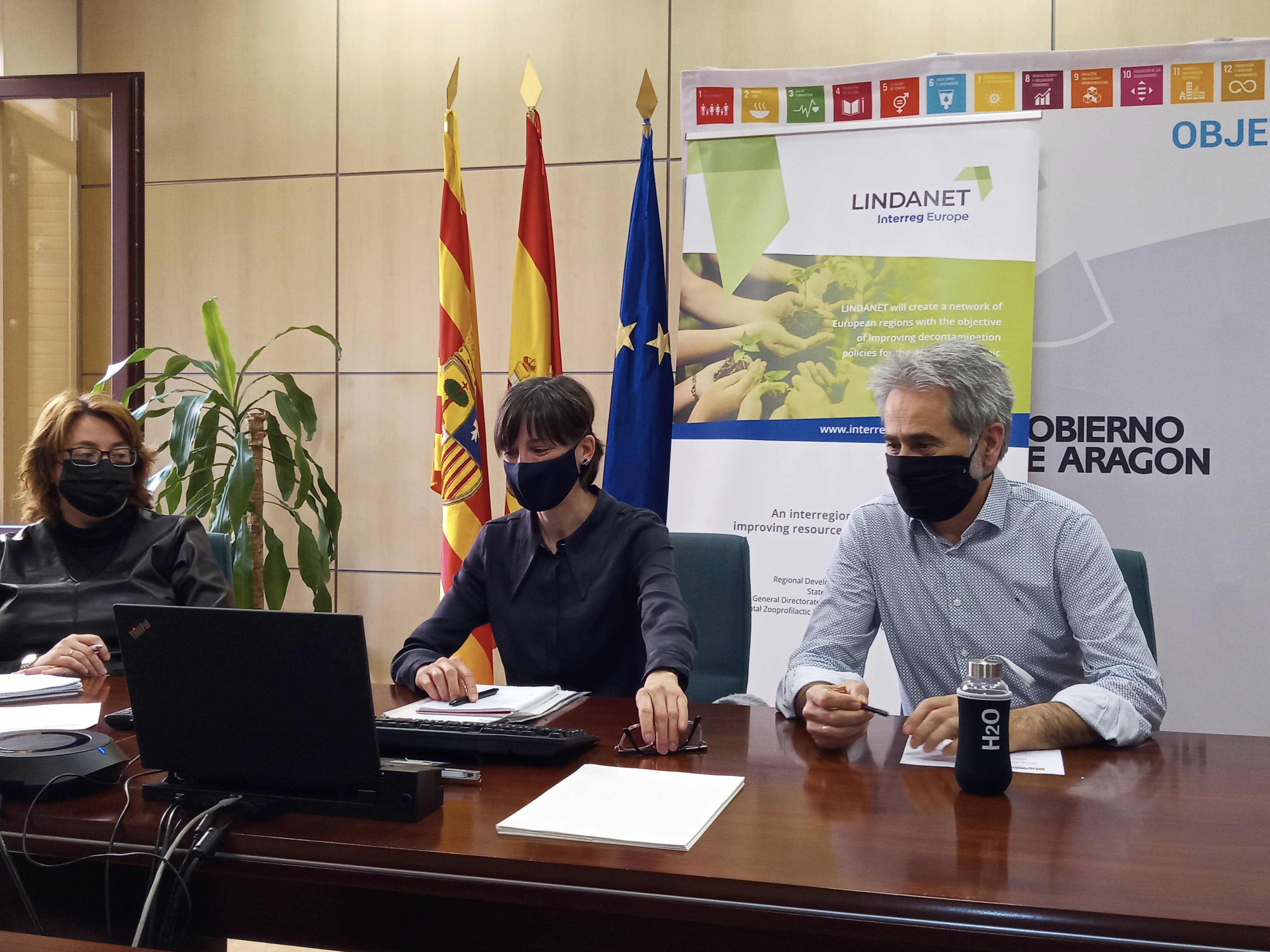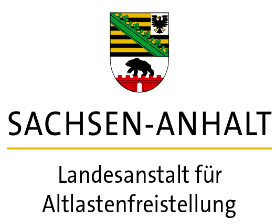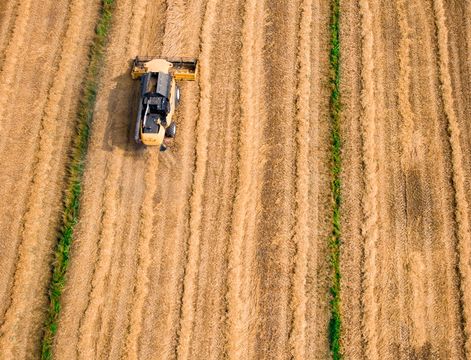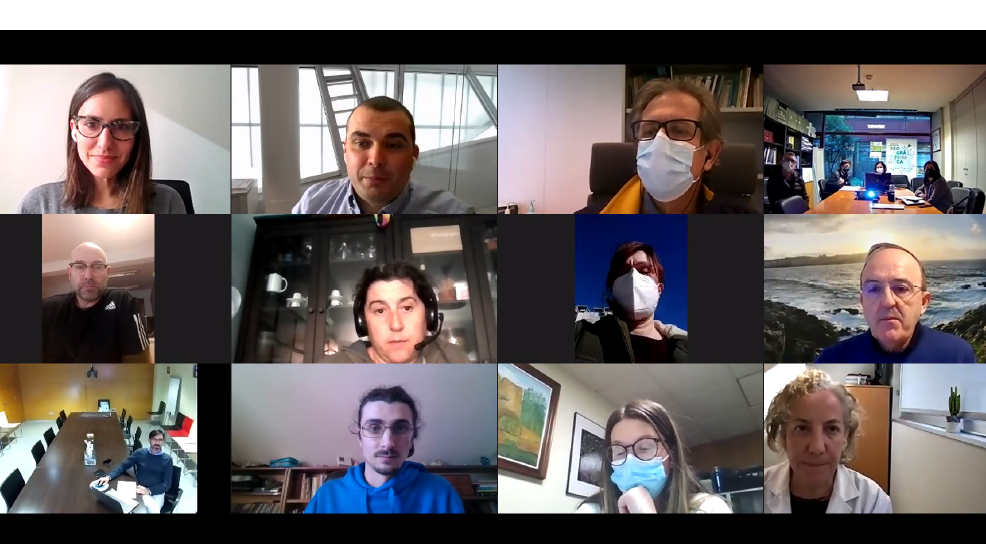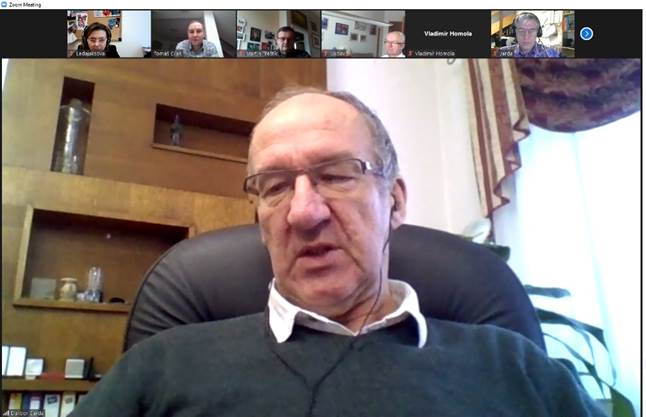The event had the purpose of informing all the stakeholders on the progress of the activities carried out within the Lindanet project and about the political instruments active in the contaminated area of the Sacco Valley. The event was held on line. The audience was composed of researchers from IZSLT, regional government authorities, municipal mayors, farmers from the Sacco valley, official veterinarians of the local health authorities. The Italian leader of the Lindanet project Dr. Bruno Neri presented the program of the event. Dr. Paola Scaramozzino started the seminar by illustrating the European Lindanet project and explaining its objectives. She explained that the HCH waste problem is present in many European countries and that project aims to the knowledge sharing among different Institutions. She summarized the history of the problem in the Sacco valley and introduced the Lindanet experimental action plan proposed by IZSLT that is a research on experimental gardens. The regional authorities presented the progress of the active political instruments and those to be activated in the Sacco Valley. Dr Sala (IZSLT) illustrated the "Characterization of riparian agricultural areas" (Latium Regional Deliberation 119 del 6/3/2019) explaining that it will concern the research of 39 chemical substances on arable land and several of them also on vegetation and milk. He showed the map of the territories where the analyzes will be carried out. These lands will be all those within 100 meters of the river banks (54 km long) plus the area subject to flooding of the river with return periods of less than 30 years. The objective of the characterization will be the removal of the ban (which is now very extensive for precautionary reasons) on those lands that will not result affected by contamination. Dr. Boselli (IZSLT) presented the research protocol that will concern two experimental gardens. The aim of the experimental gardens is to study the passage of HCH isomers from the soil to the edible parts of plants to find if some plants are more resistant to contamination and facilitate the adoption of good agricultural practices. He explained that this experimentation is possible thanks to the participation of some volunteer farmers. These volunteer farmers were contacted thanks to the collaboration of the official veterinarians who know the territory as they have been involved in farms monitoring since the discovery of pollution. At the end of the seminar farmers welcomed the ongoing projects as they are the ones who more suffered pollution without any responsibility about it. The mayors have expressed full willingness to experiments, which they see as useful. The Italian coordinators of the Lindanet project proposed to increase the communication level between governmental and non-governmental stakeholders in the future. All the participants showed their willingness to collaborate and communicate.
